The bench press remains one of the most iconic and effective exercises for building upper body strength. Whether you're new to lifting or looking to upgrade your home gym setup, understanding the dynamics between the weight bar, bench, and weights is crucial for safe, efficient, and progressive training.
Understanding the Bench Press Setup
A complete weight bar bench press setup includes three primary components: a sturdy flat or adjustable bench, a reliable bench press bar, and a set of weights. These components work together to help you perform pressing movements that primarily target the chest, triceps, and shoulders.
The barbell weight bench press is most commonly performed using a standard Olympic barbell (45 lbs), though beginners may opt for a lighter training bar. The bar is loaded with weight plates and racked above a flat or incline bench, allowing the lifter to press the bar away from the chest with control.
Choosing the Right Bar and Bench
When selecting a weight lifting bar and bench, consider the following:
-
Barbell Quality: A good weight bench press bar should have knurling (the textured grip), proper whip (flexibility under load), and sufficient weight capacity. For home gyms, a bar rated for 600–1,000 lbs is more than adequate.
-
Bench Stability: Look for a bench with a wide base and non-slip padding. An adjustable bench adds versatility, letting you perform incline or decline presses in addition to the traditional flat press.
-
Rack Compatibility: Ensure your bench fits securely under your rack or stand. Some benches are integrated into the rack, while others are free-standing. Choose based on your space and training goals.
Weights for Your Bench Bar
The right weights for a bench bar depend on your current strength level and training program. Beginners often start with lighter plates (e.g., 10s and 25s) and gradually increase load as technique improves. More advanced lifters may use bumper plates or calibrated steel plates for accuracy and performance.
If you're building a home gym, a weight set that includes pairs of 2.5, 5, 10, 25, 35, and 45 lb plates provides a solid foundation for progressive overload.
My Personal Experience with Bench Press Training
When I first started bench pressing in my early 20s, I used a basic setup: a narrow bench and a 1-inch standard barbell I bought second-hand. The bar felt unstable, and the weights slid often during sets. After upgrading to an Olympic-style bench press bar and weights, the difference was night and day. The bar felt more balanced, the knurling helped my grip, and the weight distribution felt secure—giving me the confidence to increase my load and focus on form.
Over time, I learned that the right equipment doesn’t just enhance performance—it prevents injuries. That realization led me to invest in a high-quality weight bench with proper support and padding. Since then, my progress and consistency in training have only improved.
Final Thoughts
Whether you're training for strength, aesthetics, or overall fitness, your bench press bar and weights matter. Investing in a stable bench, a reliable barbell, and a versatile set of weights not only boosts your confidence but also supports long-term progress. Focus on form, increase weights gradually, and always prioritize safety in your lifting journey.

















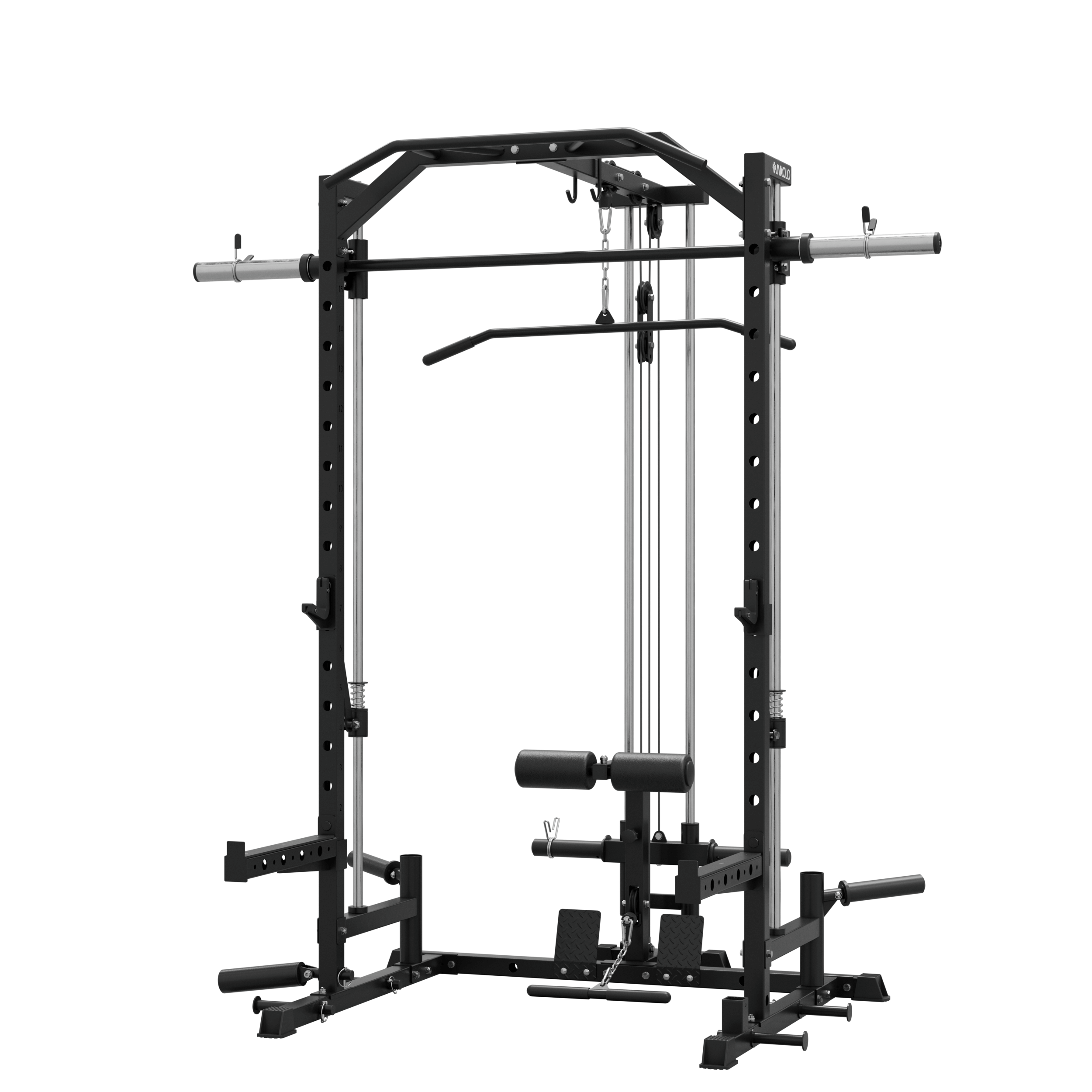


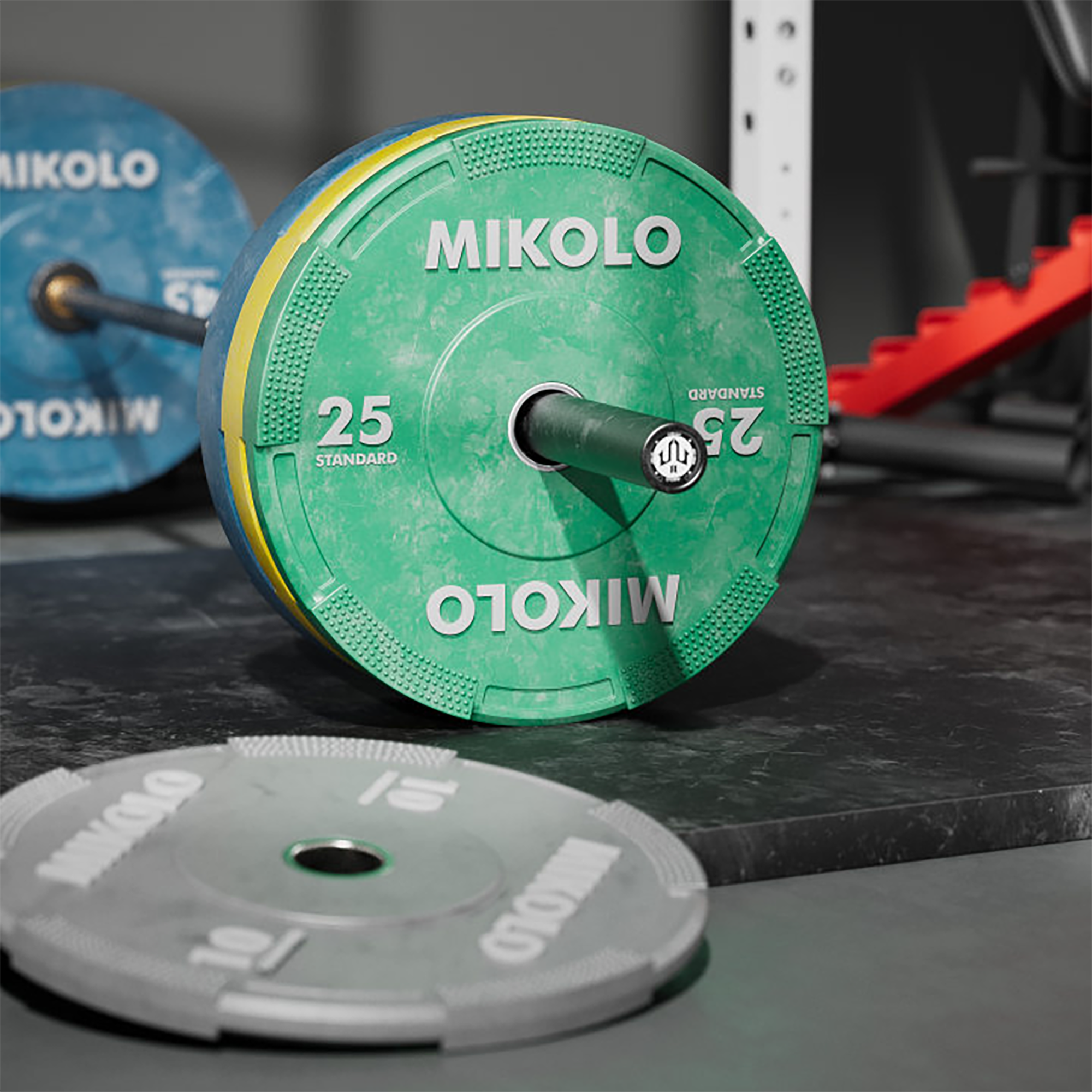







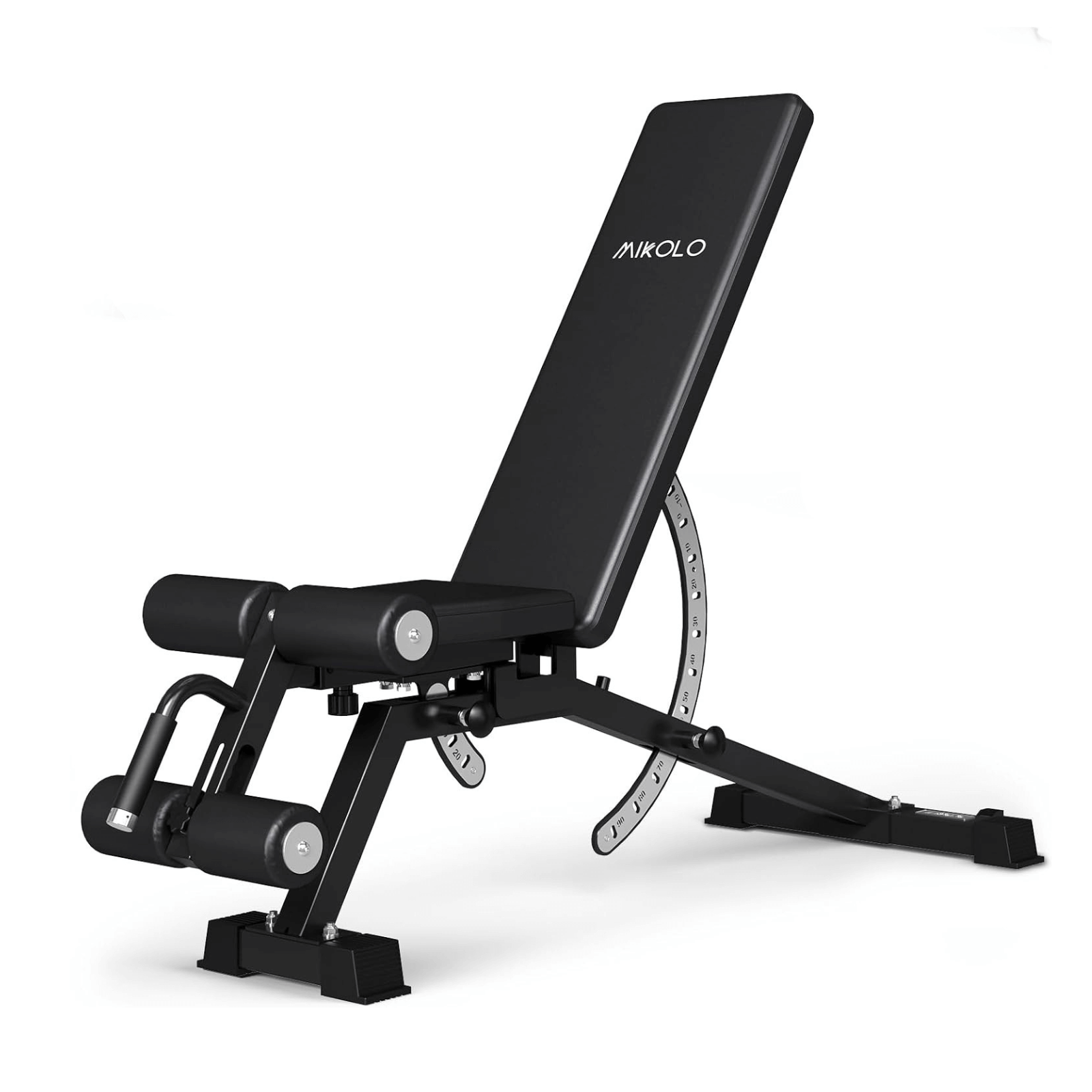




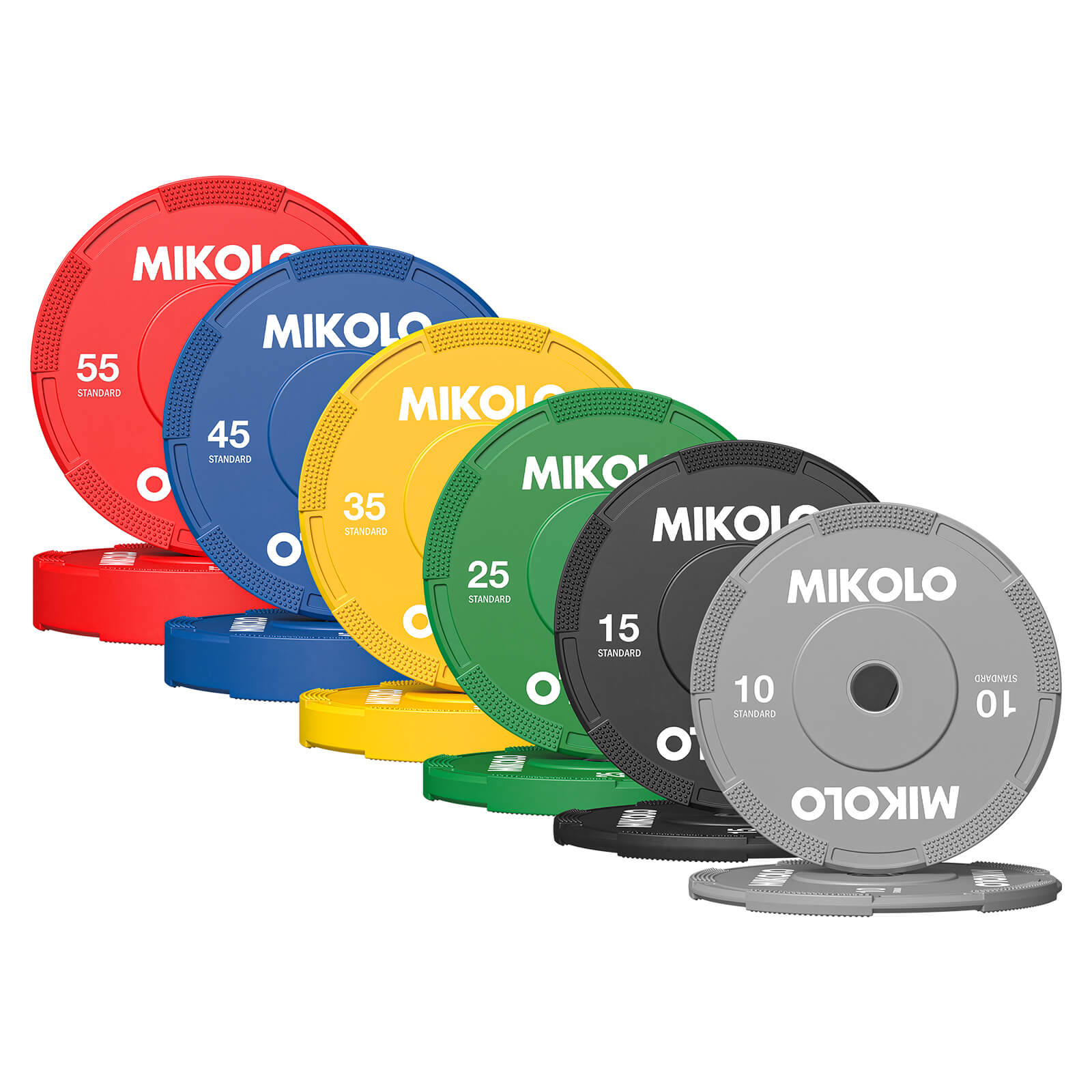


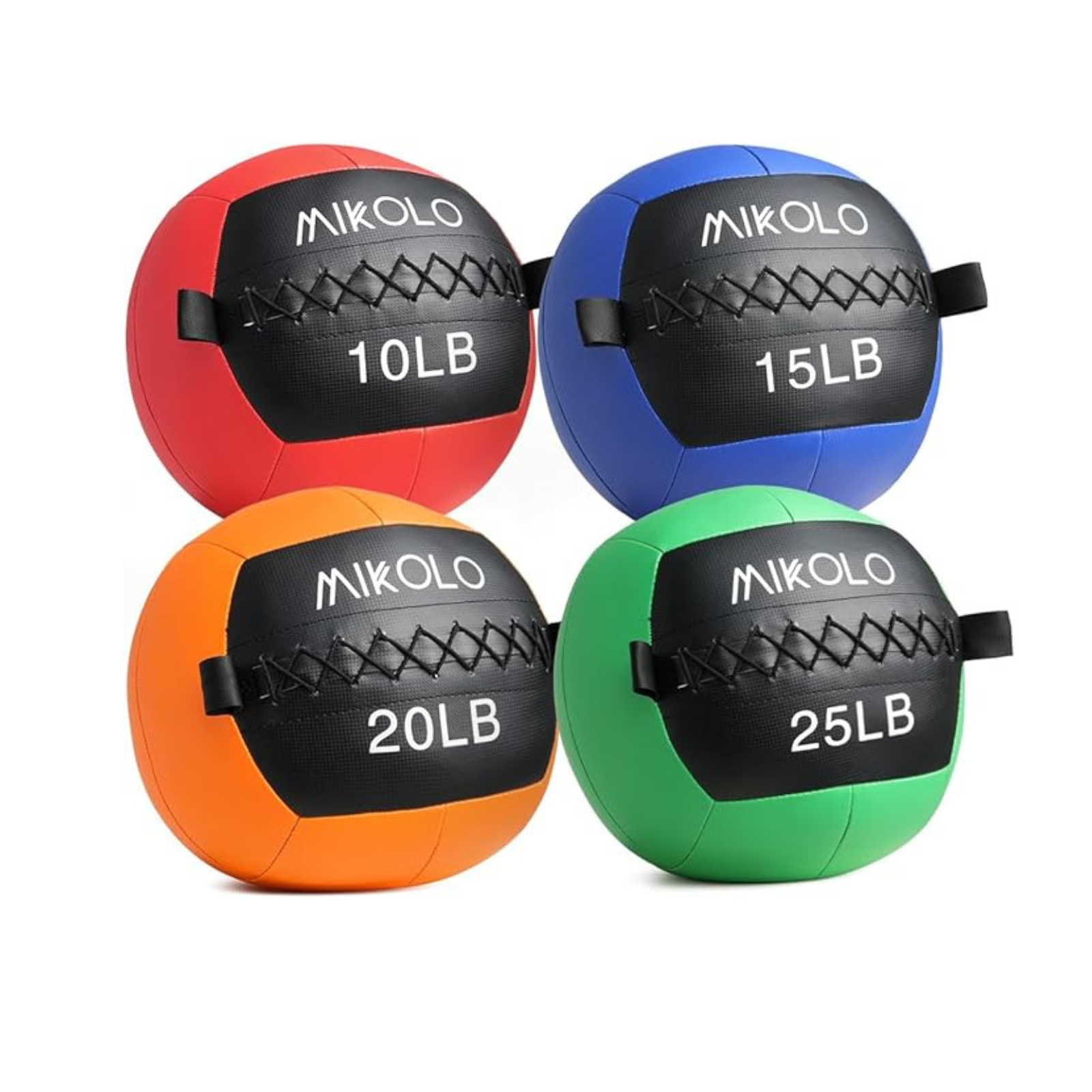
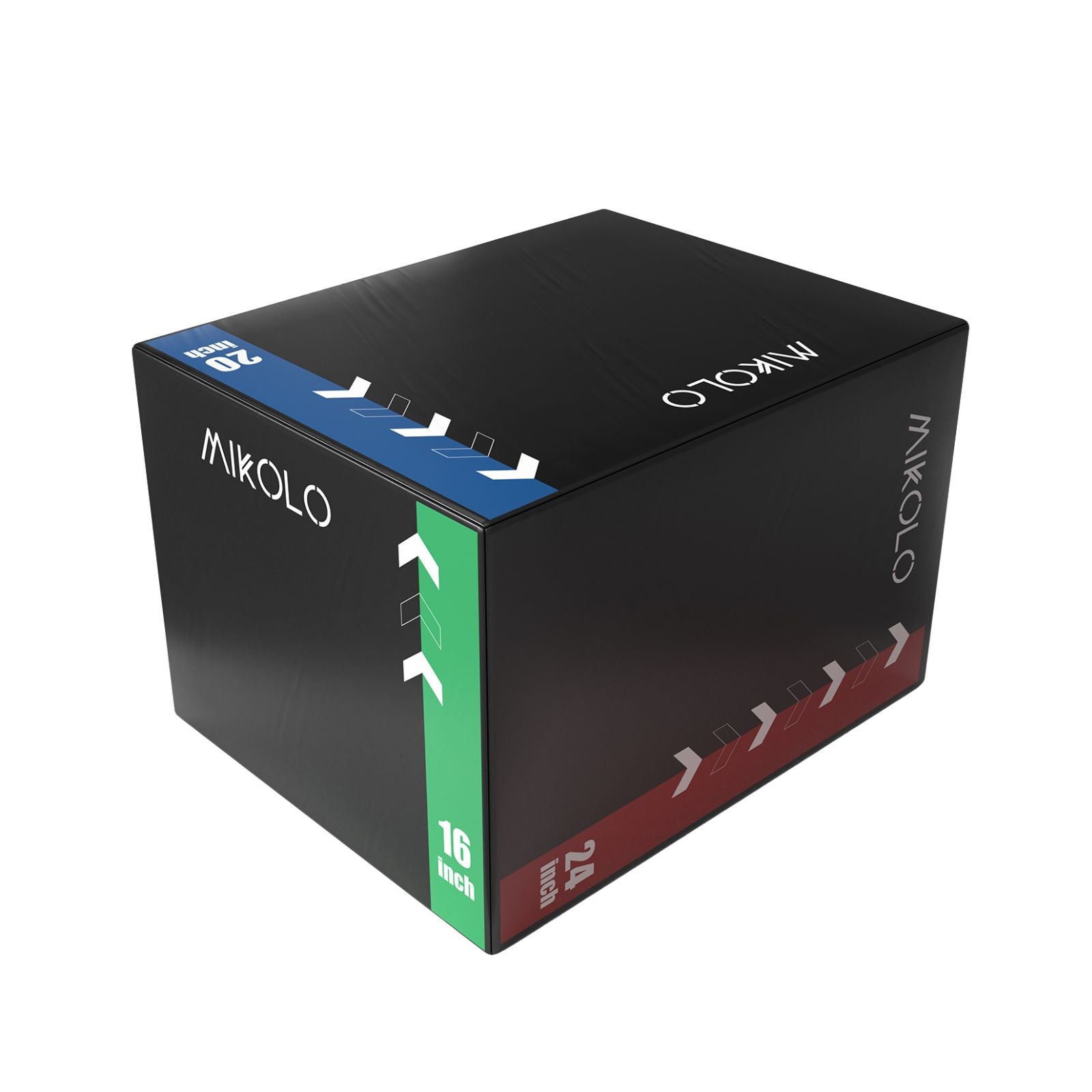







Leave a comment
This site is protected by hCaptcha and the hCaptcha Privacy Policy and Terms of Service apply.